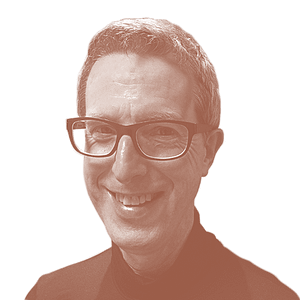Our team

Tim Pilbrow, PhD
Principal Consultant
Tim has a passion for helping organisations and communities deepen their self-awareness so they can make better decisions and improve their systems and services. He has degrees in anthropology (PhD, New York University), Slavic languages and linguistics (BA Honours, Monash University) and industry training in User Experience research and design (UX). Tim is a fellow of the Australian Anthropological Society and a Professional Member of the American Anthropological Association. Alongside his qualitative research practice, Tim has acquired skills in facilitating group decision-making, through training in Transformative Mediation and the Lewis Method of Deep Democracy.
Tim has long been fascinated by the social and cultural processes through which people in communities define, share and dispute aspects of their group identities. For his PhD he undertook ethnographic research in post-socialist Bulgaria on the transformation of educational practice and re-negotiation of cultural identity narratives under rapid social change. He has also undertaken considerable applied ethnographic research documenting Victorian Aboriginal communities’ cultural resilience to help them achieve practical settlements of their native title interests.
